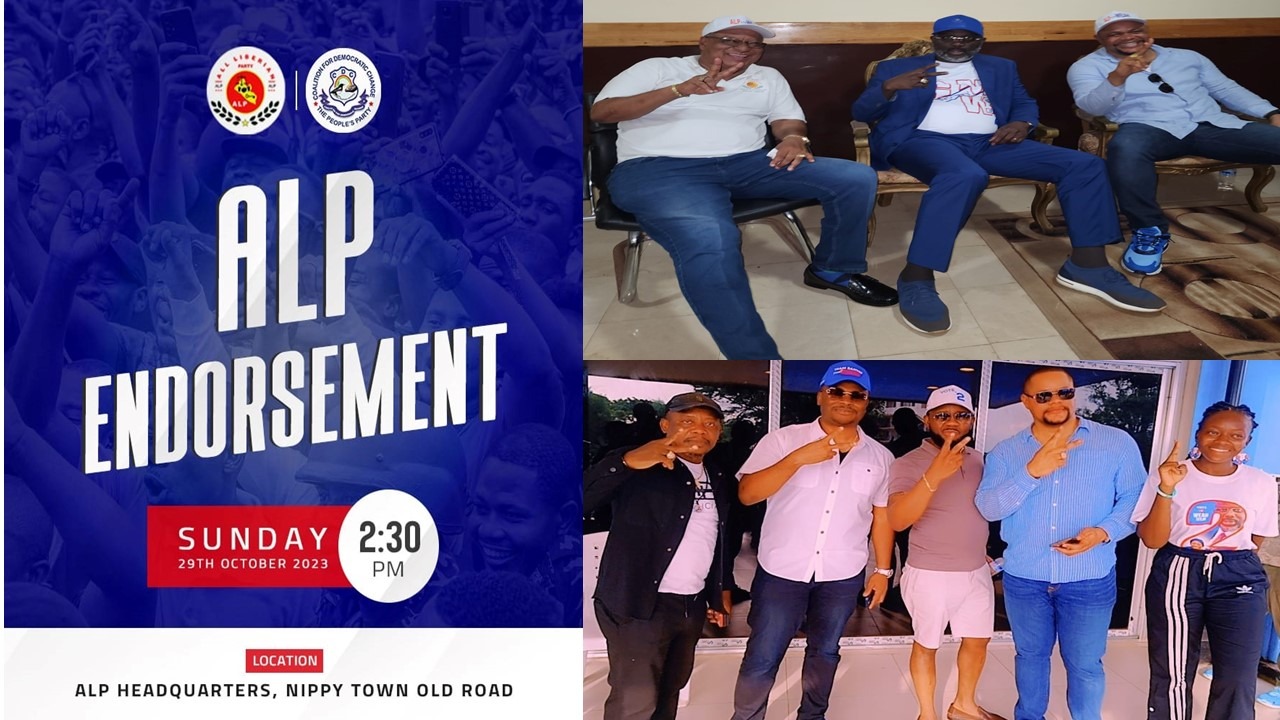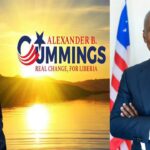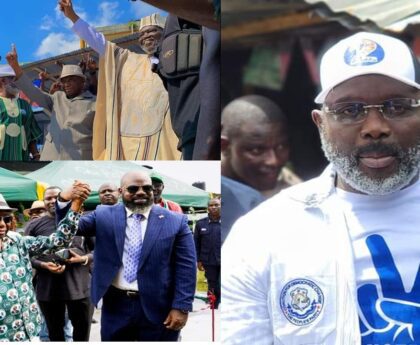Henry P. Costa, a prominent Liberian political commentator, radio host, and social media personality, has certainly left a mark on the nation’s political landscape. For years, Costa positioned himself as a vocal critic of President George Manneh Weah and his administration, earning a reputation for being relentless in his attacks. However, his recent endorsement of President George Manneh Weah just weeks before the Liberia Presidential elections has left many questioning his integrity and sincerity. This abrupt about-face has raised concerns about whether Costa is indeed a principled critic or simply an opportunist and a blackmailer.
A History of Relentless Criticism:
Henry P. Costa has made a name for himself by consistently lambasting President George Weah and his government for a wide range of issues, from economic policies to allegations of corruption. His sharp rhetoric and investigative reporting on his popular radio show, “The Costa Show,” have attracted a significant following. Costa’s critiques were often backed by passionate arguments and demands for transparency and accountability, which resonated with a considerable portion of the Liberian population.
The Sudden Endorsement:
In a surprising turn of events, Costa reversed his stance on President George Weah just weeks before the Liberia Presidential election – 2nd rounds/re-run. His endorsement of President George Weah was accompanied by an announcement that he had received undisclosed financial support. This abrupt shift left many observers baffled, as Costa’s endorsement seemed to contradict his years of criticism. Many have accused him of putting personal gain ahead of his principles and public service responsibilities.
The Blackmail Allegations:
The timing of Costa’s endorsement has raised suspicions about whether his years of criticism were motivated by a genuine concern for Liberia or by a desire to extract financial benefits. Critics argue that Costa’s endorsement, coming in the eleventh hour of the election campaign, suggests that he may have used his influential platform as leverage to negotiate a deal with the Weah administration. This has led to allegations of blackmail, undermining his credibility as an objective political commentator.
The Damage to His Reputation:
Costa’s sudden endorsement and the allegations of blackmail have taken a toll on his reputation. Many Liberians who once saw him as a principled critic now view him with skepticism, questioning whether his words and actions can be trusted. The incident has also cast a shadow over the media landscape, as it underscores the importance of ethical journalism and the potential dangers of blurring the lines between advocacy and opportunism.
Conclusion:
The case of Henry P. Costa serves as a cautionary tale about the complexities of political commentary and public discourse. While critics have the important role of holding leaders accountable, it is equally crucial to maintain transparency, consistency, and integrity in their actions. Costa’s sudden endorsement of President Weah after years of relentless criticism has left many disillusioned and questioning his true motives. Only time will tell whether this episode will have lasting consequences for his credibility and impact on Liberia’s political landscape.




